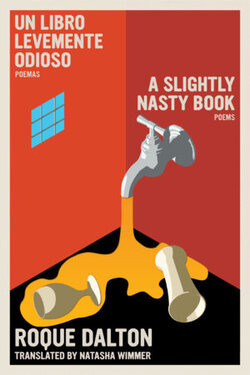Poems of revolution by one of Latin America’s most beloved poets
“The revolutionary the dictatorship couldn’t kill, the trickster poet favored by the gods.”—Ben Ehrenreich, author of The Way to Spring: Life and Death in Palestine
Translated by Jack Hirschman and Barbara Paschke
Foreword by Christopher Soto and Tatiana Marroquín
Introductions by Jaime Barba and Margaret Randall
Born in San Salvador in 1935, Roque Dalton dedicated his life to armed struggle while writing fierce, tender poems about his country and its people. In Historias y poemas de una lucha de clases / Stories and Poems of a Class Struggle, Dalton offers a road map for a liberated El Salvador, writing through the lens of five poetic personas, each with their own imagined history and distinct voice. This collection shows a country caught in the crosshairs of American imperialism, where the few rule the many and the many fight to survive—and yet there is love and humor and self-mockery to be found here on every page, in every verse, as well as an abiding faith in humanity. “I believe the world is beautiful,” Dalton writes, “and that poetry, like bread, is for everyone.”
“The New Word is Risk” by Jaime Barba
To celebrate the publication of Historias y poemas de una lucha de clases / Stories and Poems of Class Struggle by Roque Dalton, translated from Spanish by Jack Hirschman and Barbara Paschke, we are proud to share a poem from the next, as well as Jaime Barba's introduction to the collection. In his introduction, Barba places this text, as well as other texts by Roque Dalton, within the larger political climates of Central America during the late 1960s and 1970s.
Tercer poema de amor
A quienes te digan que nuestro amor es extraordinario
porque ha nacido de circunstancias extraordinarias
diles que precisamente luchamos
para que un amor como el nuestro
(amor entre compañeros de combate)
llegue a ser en El Salvador
el amor más común y corriente,
casi el único.Third Poem of Love
Whoever tells you our love is extraordinary
because it was born of extraordinary circumstances
tell them we’re struggling precisely
so that a love like ours
(a love among comrades in combat)
becomes the most ordinary and common
almost the only love
in El Salvador.



